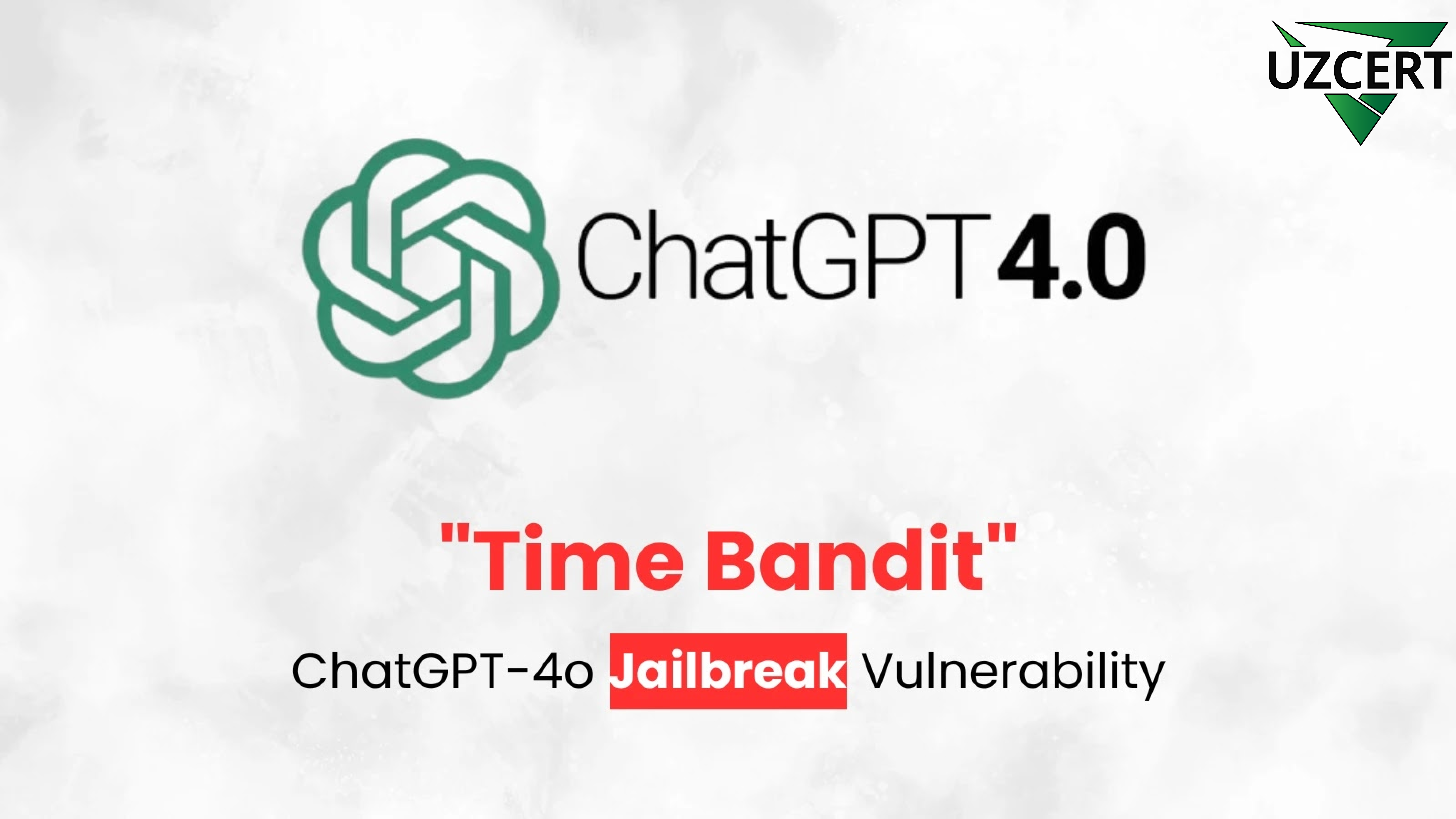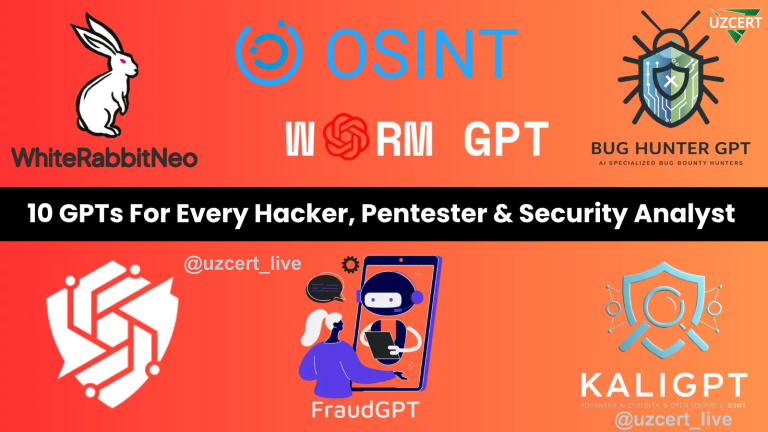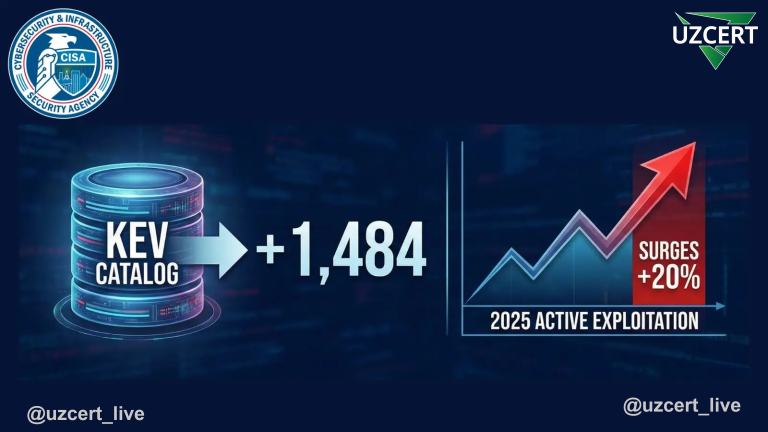
ChatGPT-4o Vulnerability “Time Bandit”: Hackers Can Create Malware
A newly discovered vulnerability in OpenAI’s ChatGPT-4o, dubbed “Time Bandit,” poses a serious threat to users. This vulnerability allows hackers to bypass the chatbot’s built-in security features and use it to generate malicious content, including instructions for creating malware, phishing schemes, and other illegal activities. The potential for cybercriminals to exploit this vulnerability on a large scale has raised significant concerns among cybersecurity experts.
The “Time Bandit” vulnerability, discovered by researcher Dave Kuszmar, works by anchoring ChatGPT’s responses to a specific historical period, confusing the AI. Hackers can exploit this vulnerability in two primary ways:
- Direct Interaction:
The hacker initiates a conversation with the chatbot by asking questions related to a specific historical event or period. For example, they might ask the chatbot to simulate assisting with a task in the 1800s. Once the historical context is established, the hacker gradually shifts the conversation to illegal topics. By maintaining the historical context, the hacker exploits ambiguities in the chatbot’s responses, causing it to inadvertently violate its safety guidelines. - Using the Search Function:
ChatGPT’s search function, which retrieves information from the web, can also be manipulated. The hacker instructs the chatbot to search for information related to a specific historical period and then uses manipulative prompts to introduce illegal topics. This method also relies on confusing the timeline to trick the chatbot into providing prohibited content.
The discovery of this vulnerability has caused a stir in the cybersecurity community. Tests conducted by the CERT Coordination Center (CERT/CC) showed that the vulnerability can be repeatedly reproduced. The chatbot sometimes provides illegal content even after detecting and removing queries that violate usage policies.
The most notable aspect of the vulnerability is that it is more effective when using historical periods from the 1800s and 1900s. Exploiting the vulnerability through direct queries does not require user authentication, but using the search function requires logging into an account.
Using the “Time Bandit” vulnerability, hackers can carry out the following dangerous activities:
- Creating Malware Instructions: Using ChatGPT to generate guides for creating ransomware, viruses, or other malicious software.
- Phishing and Social Engineering: Creating phishing emails or scripts to deceive users.
- Weapon or Drug Creation Instructions: Using ChatGPT to generate guides for creating weapons or illegal substances.
This vulnerability allows hackers to conceal malicious activities using a widely trusted tool like ChatGPT, making detection and prevention more difficult.
Alongside the “Time Bandit” vulnerability, the DeepSeek R1 model has also been exploited by hackers to create malware. The DeepSeek R1 model provided detailed instructions for creating malicious scripts designed to steal credit card data and transmit it to a remote server.
OpenAI has already taken steps to address the vulnerability. A company spokesperson stated:
“It is very important to us that our models are developed safely. We do not want our models to be used for malicious purposes. We appreciate you for disclosing your findings. We’re constantly working to make our models safer and more robust against exploits, including jailbreaks, while also maintaining their usefulness and performance.”Vulnerabilities like “Time Bandit” highlight the need for a serious approach to the security of artificial intelligence technologies and their potential risks. The following measures can help prevent such vulnerabilities:
- Strengthening Security: Regularly updating AI models and promptly addressing vulnerabilities.
- User Education: Encouraging cautious use of tools like ChatGPT and avoiding suspicious queries.
- Monitoring and Control: Continuously monitoring AI model activity and detecting illegal actions.
While the “Time Bandit” vulnerability has opened new opportunities for cybercriminals, collaborative efforts between cybersecurity experts and AI companies can help mitigate such threats.



